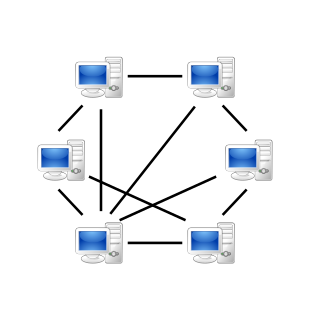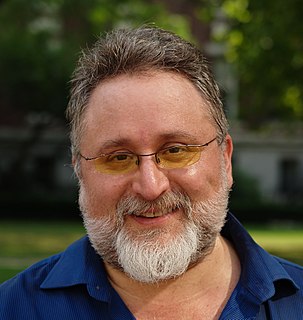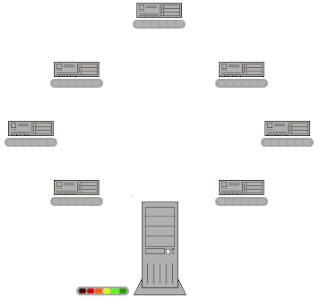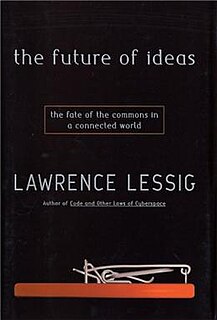It has been requested that the title of this article be changed to Criticism of copyright . Please see the relevant discussion on the discussion page. The page should not be moved unless the discussion is closed; summarizing the consensus achieved in support of the move. |
The neutrality of this article is disputed .(September 2018) (Learn how and when to remove this template message) |

| Grey market |
|---|
Legal aspects |
Political aspects |
Related subjects |
Opposition to copyright or anti-copyright is opposition to the current state of copyright law, or perhaps copyright as a concept. Opposition groups often criticize philosophical, economical, or social rationales of such laws and the laws' implementations, the benefits of which they claim do not justify the policy's costs to society. Adherents advocate for changing the current system, though different groups have different ideas of what that change should be. Some call for remission of the policies to a previous state—copyright once covered few categories of thing and had shorter term limits—or they may seek to expand concepts like Fair Use that allow permissionless copying. Others seek the abolition of copyright itself.
Copyright is a legal right, existing in many countries, that grants the creator of an original work exclusive rights to determine whether, and under what conditions, this original work may be used by others. This is usually only for a limited time. Copyright is one of two types of intellectual property rights, the other is industrial property rights. The exclusive rights are not absolute but limited by limitations and exceptions to copyright law, including fair use. A major limitation on copyright on ideas is that copyright protects only the original expression of ideas, and not the underlying ideas themselves.
Contents
- Organisations and scholars
- Groups advocating the abolition of copyright
- Groups advocating changes to copyright law
- Groups advocating using existing copyright law
- Scholars and commentators
- Economic arguments against copyright
- Non-scarcity
- Historical comparison
- Information technology related concerns
- Cultural arguments
- Freedom of knowledge
- Authorship and creativity
- Ethical issues
- See also
- References
- External links
Opposition to copyright is often a portion of platforms advocating for broader social reform. For example, Lawrence Lessig, a free-culture movement speaker, advocates for loosening copyright law as a means of making sharing information easier or addressing the orphan works issue [1] and the Swedish Pirate Party has advocated for limiting copyright to five year terms in order to legalize the majority of its members' downloading of modern works. [2]

Lester Lawrence Lessig III is an American academic, attorney, and political activist. He is the Roy L. Furman Professor of Law at Harvard Law School and the former director of the Edmond J. Safra Center for Ethics at Harvard University. Lessig was a candidate for the Democratic Party's nomination for President of the United States in the 2016 U.S. presidential election, but withdrew before the primaries.

The free-culture movement is a social movement that promotes the freedom to distribute and modify the creative works of others in the form of free content or open content without compensation to, or the consent of, the work's original creators, by using the Internet and other forms of media.
An orphan work is a copyright protected work for which rightsholders are positively indeterminate or uncontactable. Sometimes the names of the originators or rightsholders are known, yet it is impossible to contact them because additional details cannot be found. A work can become orphaned through rightsholders being unaware of their holding, or by their demise and establishing inheritance has proved impracticable. In other cases, comprehensively diligent research fails to determine any authors, creators or originators for a work. Since 1989, the amount of orphan works has increased dramatically since registration is optional, many works' statuses remain unknown and therefore are in a grey area, therefore cannot be used, since fair use deals with non-orphaned works.






















